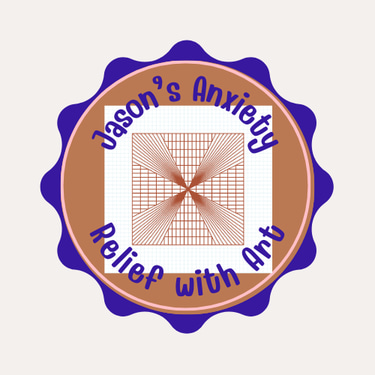Navigating the Challenges of OCD: Embracing Your Thoughts
7/16/20252 min read


Understanding OCD and Its Impact on Thoughts
Obsessive-Compulsive Disorder (OCD) can manifest in various ways, often leading individuals to struggle with distinguishing between reality and the intrusive thoughts that plague them. For many, these thoughts can seem alarmingly real, leading to an avalanche of fear and anxiety. It's not uncommon for those of us who experience this condition to find ourselves engaged in ritualistic behaviors, attempting to ward off the perceived threats created by our minds. These rituals may provide temporary relief, but they can also feel time-consuming and degrading, adding to the emotional burden of the disorder.
The Challenge of Regulating Thoughts
One significant hurdle for people with OCD is recognizing that these intrusive thoughts do not define them. It's crucial to learn to differentiate between one's self and the thoughts generated by the condition. Embracing these thoughts without allowing them to dictate our actions is an essential step toward reclaiming control. Just like confronting a bully, whether in person or in our minds, we must develop strategies to stand up to the negative self-talk that arises from OCD.
Strategies for Embracing and Managing Thoughts
One promising approach is to acknowledge that thoughts are simply that—thoughts. They do not hold power unless we grant it to them. Consider employing techniques that help you distance yourself from these intrusive ideas. For example, when faced with an unpleasant thought, try using visualization methods. Imagine these thoughts as clouds passing by in the sky, acknowledging them without getting caught up in their storm. Allow them to come and go without acting on them.
Another effective method is to replace the energy spent on rituals with activities that bring joy and fulfillment. For instance, engage with music; if you find yourself tuning into a song you dislike, change the channel. This practice can be a powerful metaphor for handling unwanted thoughts. The more you practice redirecting your attention to what you enjoy, the easier it will become to shift your focus away from distressing thoughts.
Ultimately, remember that you are stronger than your OCD. Building mental resilience is a gradual process, and it may take time to develop the ability to turn off your 'bully mind.' But by consistently employing acceptance and redirection techniques, you can cultivate a mindset that recognizes your strength and moves beyond the intrusive thoughts. Embrace the journey towards self-compassion; it’s a key component of navigating OCD.
